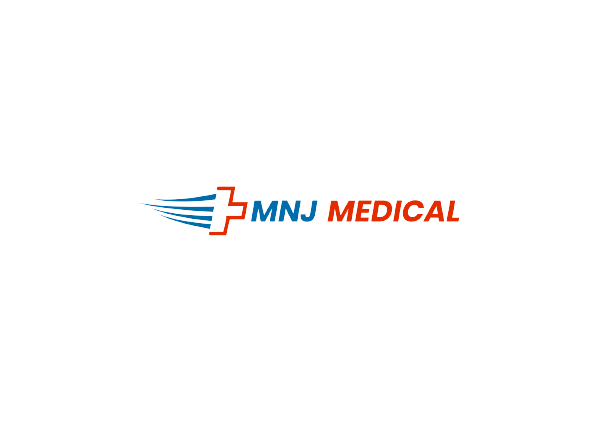Non-emergency medical transportation (NEMT) is a vital service that helps individuals get to medical appointments safely and efficiently, without requiring emergency intervention. Whether you need to visit a doctor, attend therapy sessions, or get routine check-ups, understanding how NEMT works can provide peace of mind and ensure you arrive on time. In this FAQ, we’ll explore how NEMT operates, who can use it, and why it’s an essential part of healthcare.
What is Non-Emergency Medical Transportation?
Non-emergency medical transportation is a service that provides transport for individuals who need to get to medical appointments but do not require urgent medical attention. It bridges the gap for patients who face barriers such as lack of public transport or personal vehicle access, making healthcare more accessible.
NEMT services offer a safer and more reliable mode of transport compared to public transportation, especially for patients with mobility challenges. With trained personnel handling the logistics, patients can experience less stress and focus on their health and treatment.
A key feature of NEMT is its versatility. Whether you need a ride once a week or have multiple appointments a day, NEMT adapts to your schedule. Thus, it enables consistent healthcare, especially for those managing chronic illnesses requiring frequent doctor visits.
Who is Eligible for NEMT Services?
Typically, individuals with a valid medical need who have difficulty reaching healthcare facilities can use NEMT services. Eligibility can vary based on factors like insurance coverage, mobility issues, and specific healthcare needs. It’s important to check with your healthcare provider or insurance carrier to determine eligibility.
Patients covered by Medicaid often have access to NEMT services, although coverage specifics can differ by state. It’s useful to verify with your state’s Medicaid office or your healthcare provider about the rules specific to your region.
Some healthcare programs may offer NEMT despite not being publicly funded. Private insurers might cover these services as part of comprehensive healthcare plans aimed at supporting patients with chronic conditions.
How to Arrange NEMT Services?
Arranging NEMT services typically involves contacting a transportation provider or your healthcare provider. Ensure you have all the necessary information ready, such as your appointment details and any special mobility requirements. Some providers may offer online booking options for added convenience.
When booking a ride, it’s advisable to plan ahead and communicate any unique needs, such as wheelchair accessibility or the need for additional assistance. This ensures a seamless and comfortable journey tailored to your specifications.
Providers often offer phone consultations that help in selecting the right vehicle and service type. Discussing your options with a service representative can clarify any doubts and streamline the scheduling process.
In certain areas, digital platforms or mobile apps can provide an easy interface for scheduling and managing your transportation needs, making the arrangement process effortless and accessible at any time.
What Types of Transport are Available?
NEMT services can include a variety of transport options like wheelchair-accessible vans, cars, or specially equipped buses. The type of vehicle provided often depends on the patient’s specific needs and the availability of resources within the area.
For patients who require specialized care during transport, such as those with dialysis requirements, options might include medical vans outfitted with necessary equipment. This adaptability ensures that each patient’s medical needs are catered to during transit.
Choosing the right type of transport often involves considering factors like travel distance, patient condition, and appointment frequency. This flexible service ensures that patients have the best transportation means tailored to their individual journeys.
Why is NEMT Important?
NEMT is crucial because it ensures patients without other transportation options can still receive necessary healthcare. By reducing missed appointments and helping manage chronic conditions, NEMT plays a vital role in maintaining community health and reducing long-term healthcare costs.
Aside from the evident health care benefits, non-emergency medical transportation also supports social inclusion by enabling individuals to maintain and nurture social contacts. Regular medical appointments often coincide with social interactions, which are vital for mental well-being.
On a broader scale, NEMT services contribute significantly to the healthcare ecosystem by alleviating burdens on emergency services. By providing the necessary transport for non-urgent cases, emergency vehicles and personnel can focus on critical situations.
Wrapping Up Non-Emergency Medical Transportation
Non-emergency medical transportation is a crucial component of the healthcare system, providing reliable and accessible transportation for those in need. By understanding the process, eligibility, and scope of services, patients can make informed decisions and access the healthcare they need. Whether you are a patient or a caregiver, knowing about NEMT can help make medical appointments less stressful and more manageable. To learn more about how we can assist with your transportation needs, visit our homepage.

